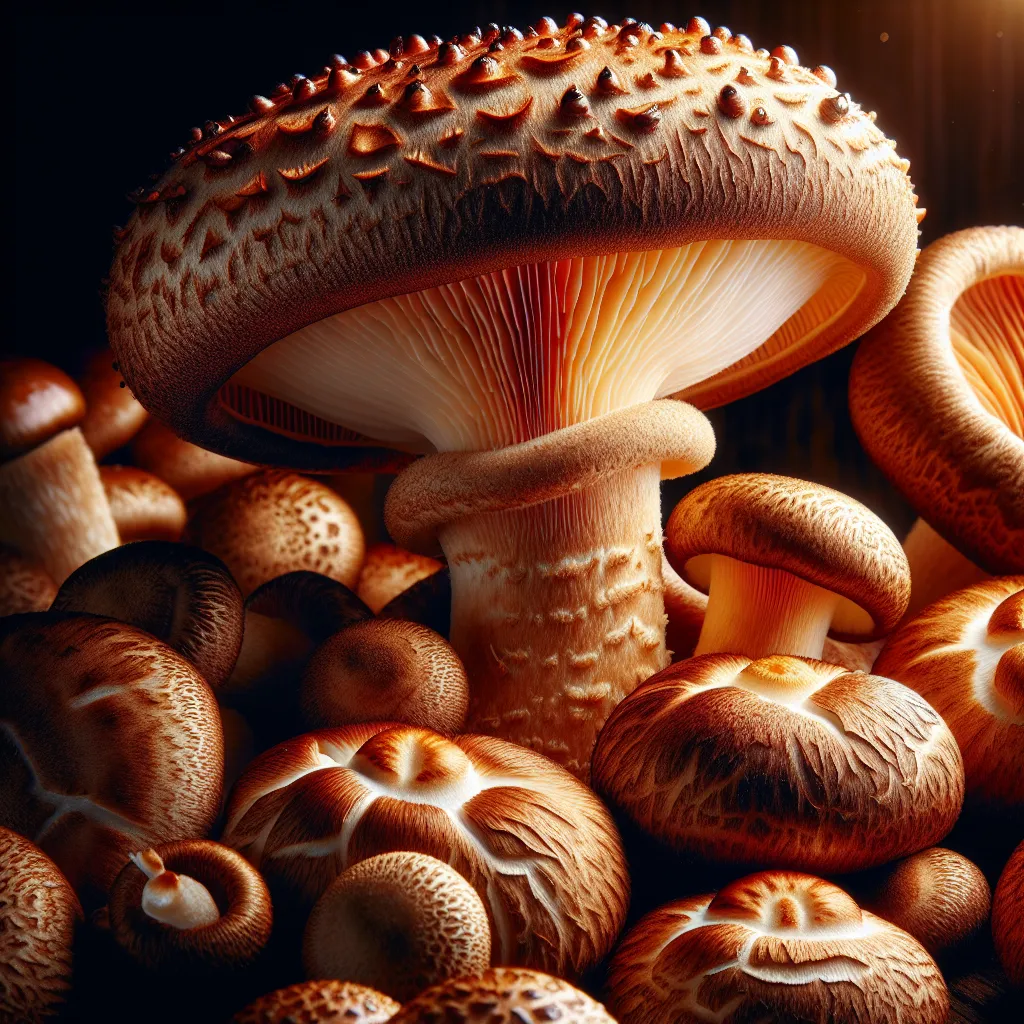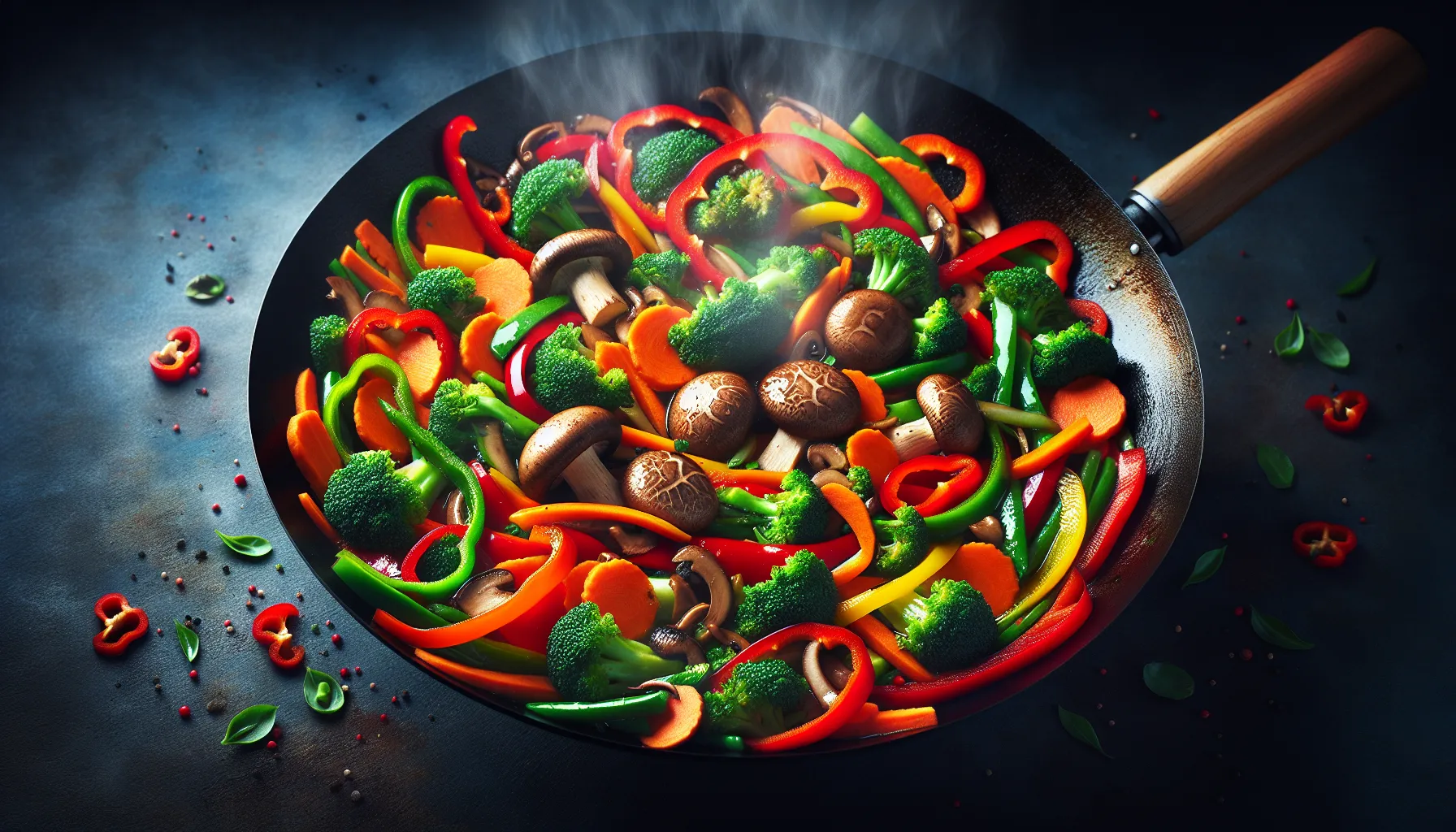Shiitake mushrooms, scientifically known as Lentinus edodes, are not only a popular culinary delight but also a subject of interest for their potential health benefits and risks. These mushrooms, native to Japan and China, are the second most commonly eaten mushrooms globally. They are sought after for their rich, savory flavor and a variety of uses in traditional and modern medicine.
Nutritional and Medicinal Profile
Shiitake mushrooms contain a chemical called lentinan, which has been the focus of medical research due to its potential anti-tumor effects. These mushrooms are a good source of vitamins and minerals, including B vitamins, vitamin D, selenium, niacin, and zinc, making them a nutritious addition to a balanced diet.

Potential Health Benefits
Immune System Modulation
Lentinan, a polysaccharide found in shiitake mushrooms, is thought to have immune-boosting properties. It may enhance the activity of certain immune cells, such as natural killer cells, which can help the body fight off infections and perhaps even target cancerous cells. Clinical trials have been conducted to investigate the use of lentinan as an adjunct therapy for cancer, particularly gastric cancer, with some studies suggesting it may improve patient outcomes when combined with chemotherapy.
Cardiovascular Health
Shiitake mushrooms contain compounds that may influence cardiovascular health, such as eritadenine, which has been shown to lower cholesterol levels. This could make shiitake a valuable food for managing cholesterol and promoting heart health.
Antiviral and Antimicrobial Properties
Some studies have indicated that shiitake mushrooms may have antiviral effects, particularly in the inhibition of the replication of human immunodeficiency virus (HIV) in vitro. Moreover, their antimicrobial properties could make them useful in fighting off various pathogens.

Potential Uses in Medicine
Shiitake mushrooms are being explored for various therapeutic uses, including:
- Enhancing the efficacy of chemotherapy
- Potentially improving survival times and quality of life in patients with advanced cancer
- Modulating the immune system in diseases with an immune component
It’s important to note that while there is interest in using shiitake mushroom for these purposes, more research is needed to establish efficacy and safety.
Side Effects and Safety Concerns
When consumed in food amounts, shiitake mushrooms are likely safe for most people. However, there are some potential side effects and precautions to consider when they are used in larger medicinal amounts or eaten uncooked:
- Stomach discomfort: Some individuals may experience gastrointestinal distress.
- Blood abnormalities: There have been reports of eosinophilia, a condition where certain white blood cells are elevated.
- Skin swelling: Known as shiitake dermatitis, this can occur from both consumption and handling of the mushroom.
- Photosensitivity: Increased sensitivity to the sun leading to skin issues.
- Allergic reactions: In rare cases, people can experience breathing problems or other allergic responses.
Special Precautions and Warnings
- Pregnancy and Breastfeeding: There is a lack of reliable information on safety during pregnancy and breastfeeding, thus it’s best to stick to food amounts.
- Auto-immune diseases: Shiitake may cause the immune system to become more active, potentially exacerbating conditions like MS, SLE, and RA.

Interactions With Medications
Shiitake mushrooms may interact with certain medications, particularly those that also affect the immune system. It is advisable to consult with healthcare providers about potential interactions, especially if you are taking medications for autoimmune conditions or undergoing cancer treatment.
Research and References
Extensive research has been conducted on the health effects of shiitake mushrooms:
- Studies on the efficacy of lentinan as an adjunct treatment for cancer.
- Research on eritadenine and its effects on cholesterol levels.
- Investigations into the immunomodulatory effects of shiitake mushrooms.
These resources provide a deeper dive into the scientific understanding of shiitake mushrooms and their potential health impacts.
Conclusion
Shiitake mushrooms offer a unique combination of flavor and potential health benefits that make them a worthy addition to a nutritious diet. While they are generally safe to eat, it is crucial to be aware of the potential side effects, especially when consumed in large medicinal amounts or by individuals with certain health conditions. As with any dietary supplement or medicinal food, it is best to consult with a healthcare professional before incorporating it into your health regimen. Further research will continue to shed light on the full spectrum of benefits and risks associated with shiitake mushrooms.
